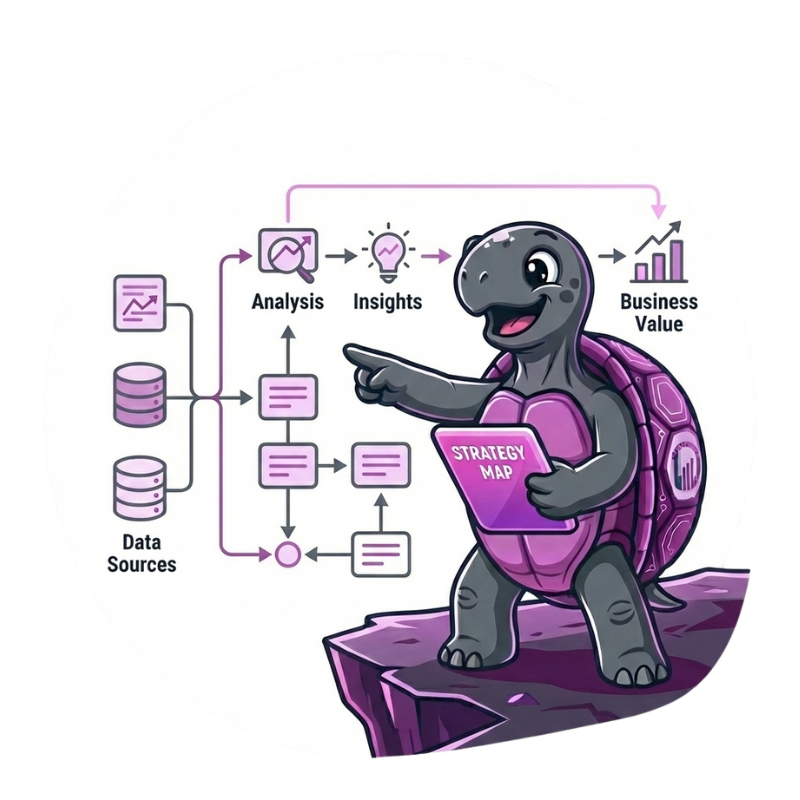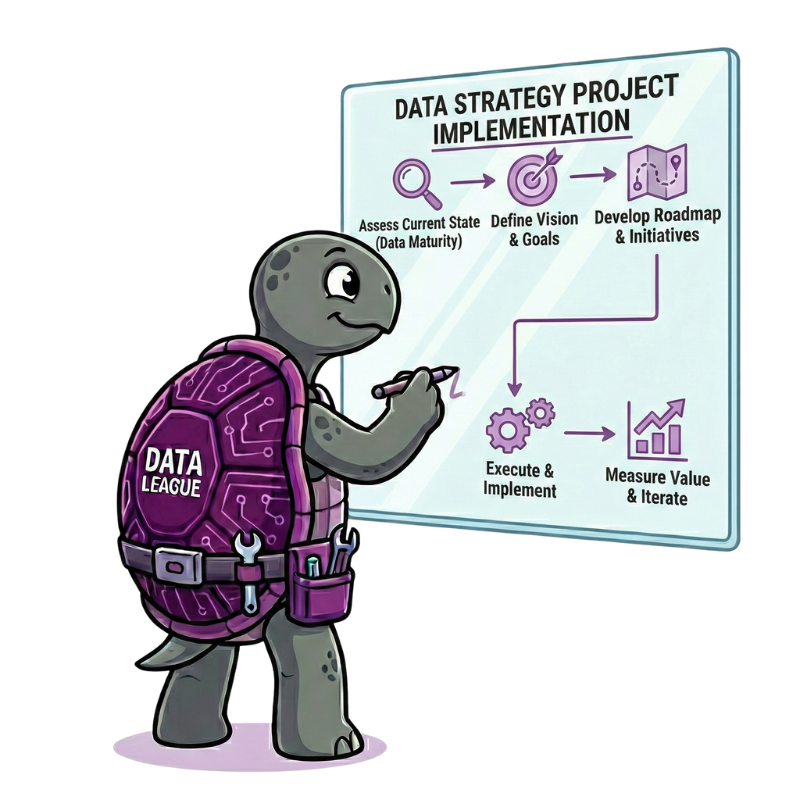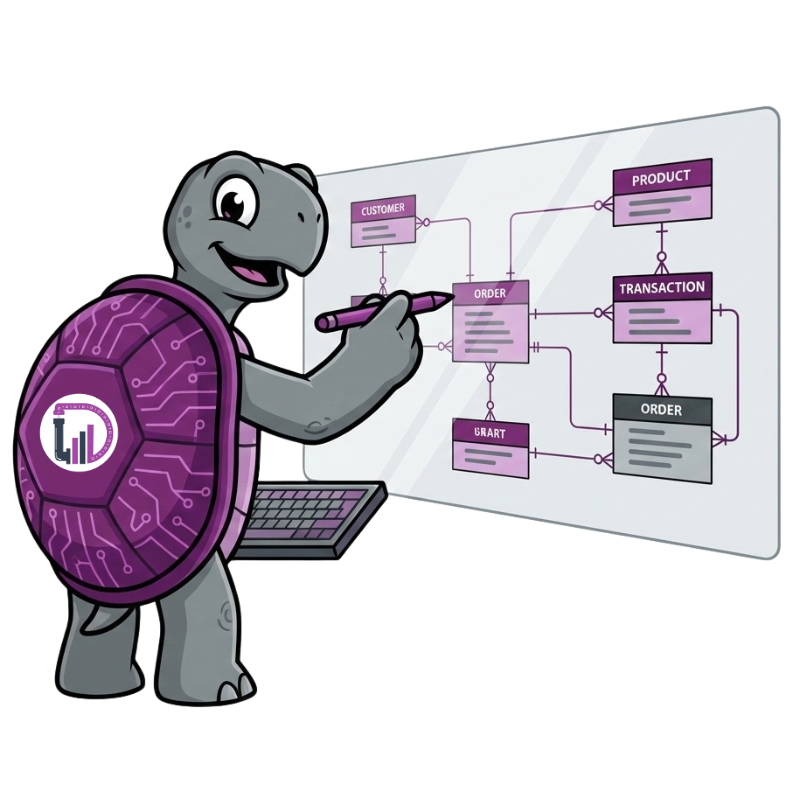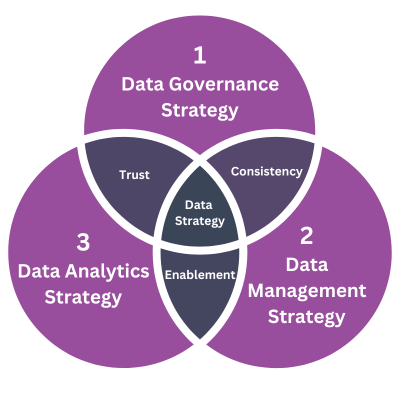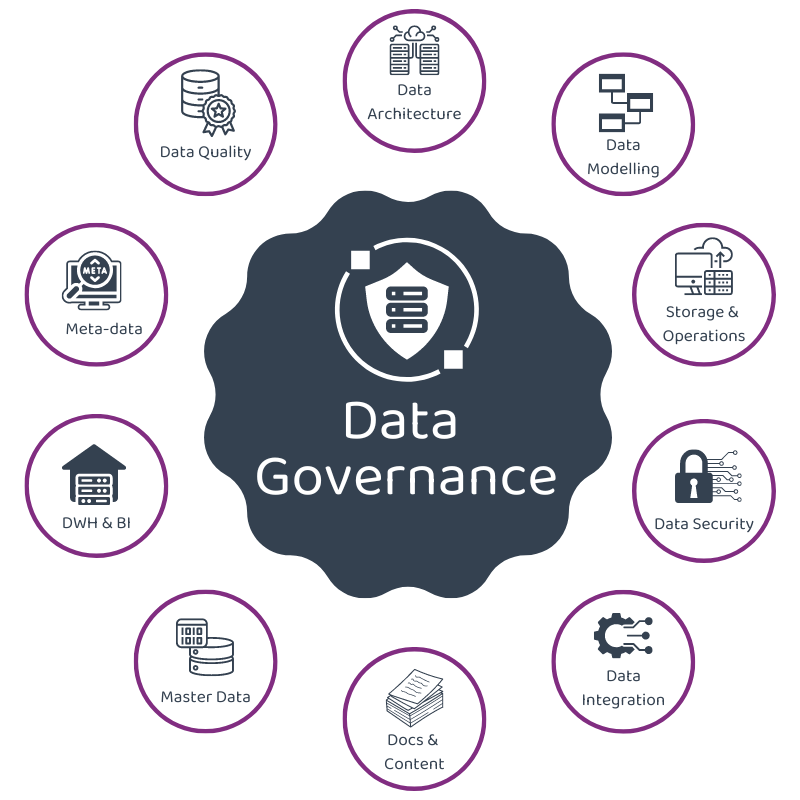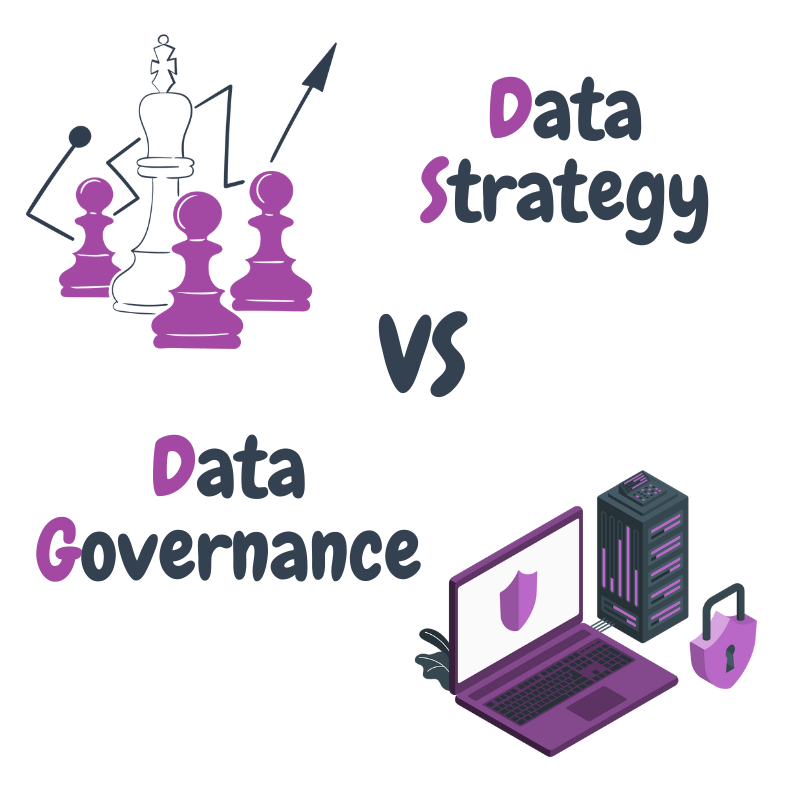Internal teams, while knowledgeable, often suffer from organisational myopia. They are
entrenched in daily operations ("keeping the lights on") and navigating internal politics, which
can obscure the broader strategic horizon. Data Strategy Consultants provide an objective,
external perspective backed by cross-industry experience. They bring benchmarks from other
successful transformations, helping organisations avoid common pitfalls. Furthermore, they act
as neutral arbiters who can bridge the communication gap between IT (technical feasibility) and
Business (strategic goals), securing necessary executive buy-in for costly initiatives.
Data strategy consultants are essential for
organisations aiming to harness the full potential of
their data assets. They provide expert guidance in
developing robust data strategies that align with
business goals, ensuring data is leveraged effectively
for insights, decision-making, and competitive
advantage. With a deep understanding of data
governance, analytics, and cloud integration, data
strategy consultants help businesses navigate complex
data landscapes, optimise data management processes,
and unlock value from both on-premise and cloud-based
data platforms. This expertise is crucial for driving
digital transformation, enhancing operational
efficiency, and achieving long-term business growth.

